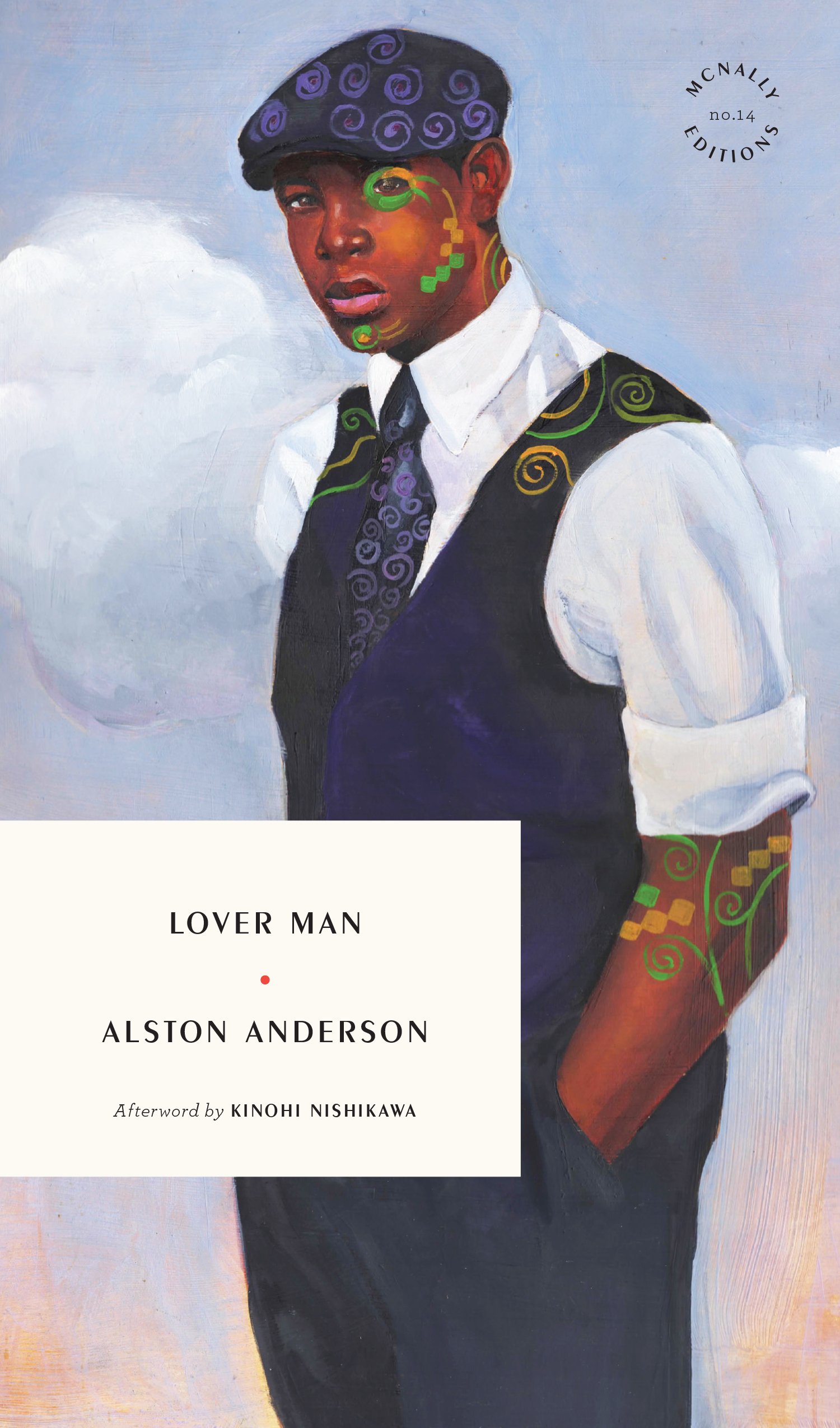Drifters, Addicts and Tricksters
Taut short stories about African American outsiders
By Douglas Field
Originally published in The Times Literary Supplement
When Lover Man was first published in 1959 the New York Times reviewer praised Alston Anderson’s “perfect ear”, while the Irish Times critic noted the author’s “wonderful ear for the nuance of dialect”. Born in Panama to Jamaican parents in 1924, Anderson moved to North Carolina as a child. He served in the Second World War, studied German philosophy at the Sorbonne and befriended Robert Graves in Mallorca. Notwithstanding the positive reviews of his only collection of short stories, he disappeared from the literary scene after All God’s Children (1965), his only novel, was panned.
Set mostly in North Carolina, moving to New York City and the German front, Anderson’s fifteen short stories are populated by African American outsiders, among them drifters, addicts and tricksters. “The Checker Board” recounts a game between father and son amid mounting family tensions. In “A Sound of Screaming” a middle-aged church deacon takes his young lover to get an illegal abortion, and in “Big Boy”, presaged by an opening in which “Even the crows seemed to sense that something was up”, two men slice each other to death in a fight about honour. Character-based, with little concern for conventional plot, Anderson’s writing is taut, the narrative voice beguiling: “You ever find yourself in a great big hassle and say to yourself, ‘This was just what I thought would happen’”, begins “Suzie Q”. “You know what I’m talking about? Listen to this one …”
In an echo of his contemporary James Baldwin, Anderson picks apart the tired threads of racial politics: “The first thing you got to learn about the race problem is that there ain’t no race problem”, one character declares. “It was the first time I’d been driven anywhere by a white man in my life, and it felt funny”, remarks another. Anderson’s clean prose belies his narrative trickery, as the stories “Signifying” and “The Dozens” attest. An African American student is harassed by his peers on his first day at an exclusive prep school. He’s worth “at least three hundred dollars”, taunts one student, a remark compounded by the revelation that the school is all-Black.
Anderson is best known for “Dance of the Infidels”, an accomplished tale of jazz, addiction and homosexuality that might have been penned by Baldwin, whose own story of bebop and heroin, “Sonny’s Blues”, which was published two years earlier, eclipsed that of Anderson. While the critic J. Saunders Redding complained about “a certain pointlessness” in these stories, there’s an implicit “So What”, to echo Miles Davis, in this fresh and unsettling collection.
Douglas Field teaches at the University of Manchester. His coedited volume of essays, Harold Norse: Poet maverick, gay laureate, will be published in 2022.
